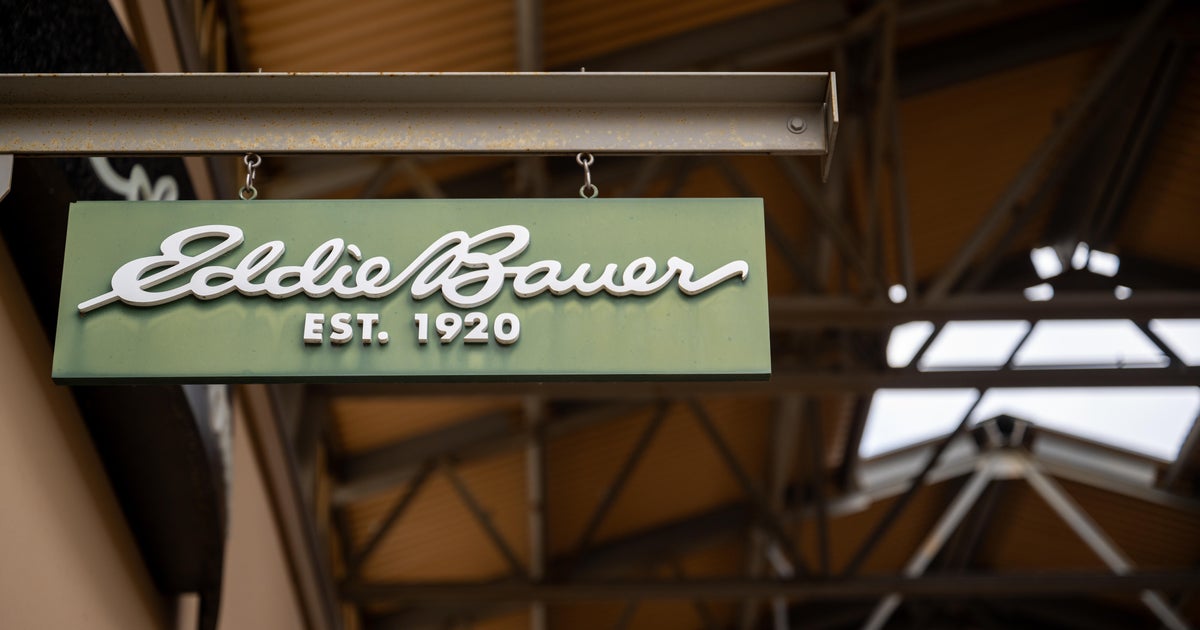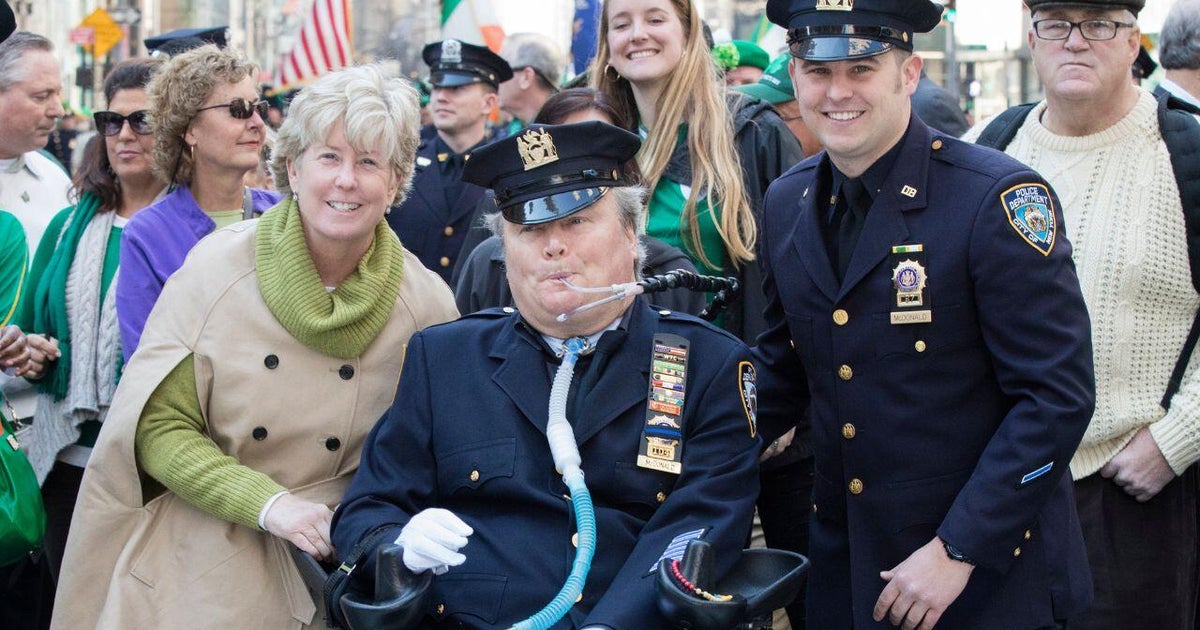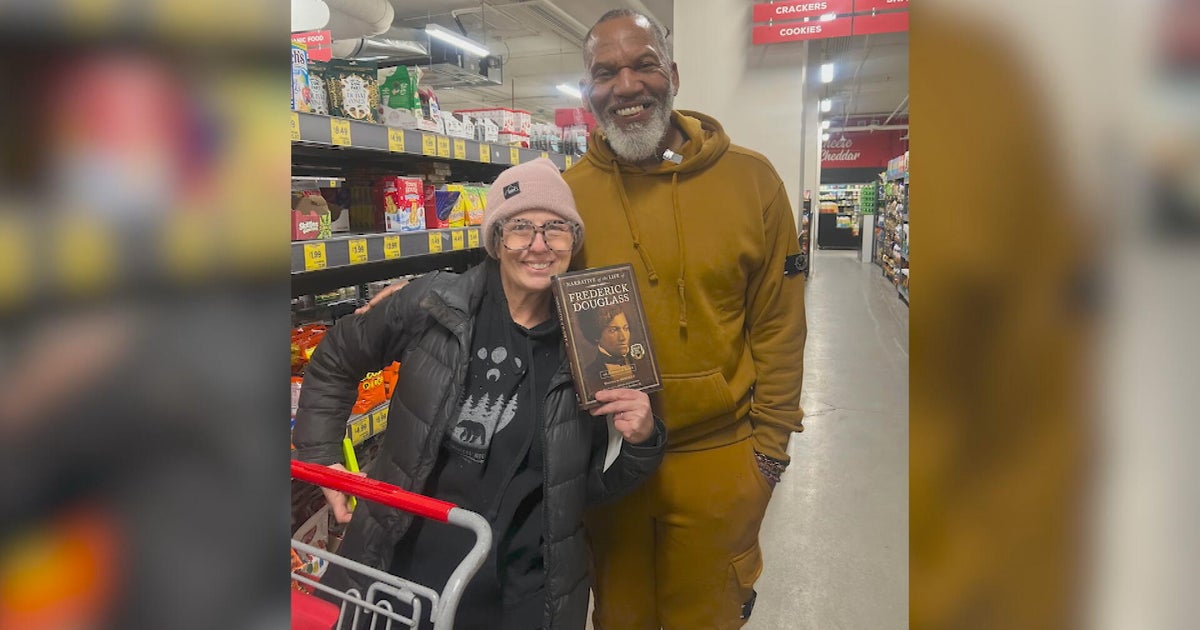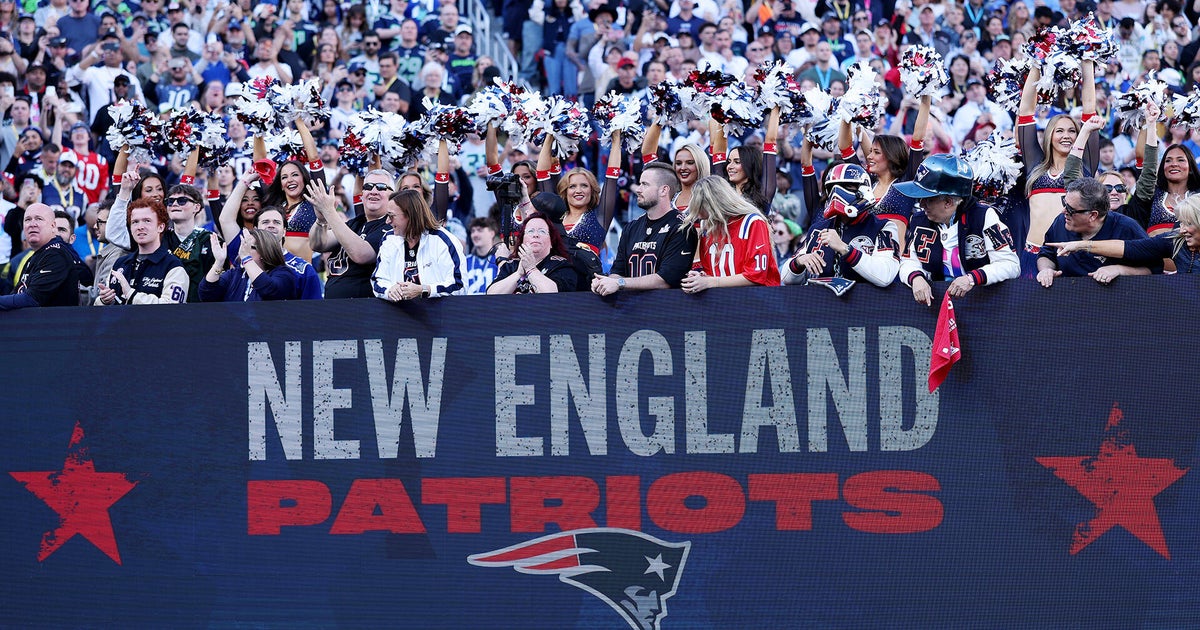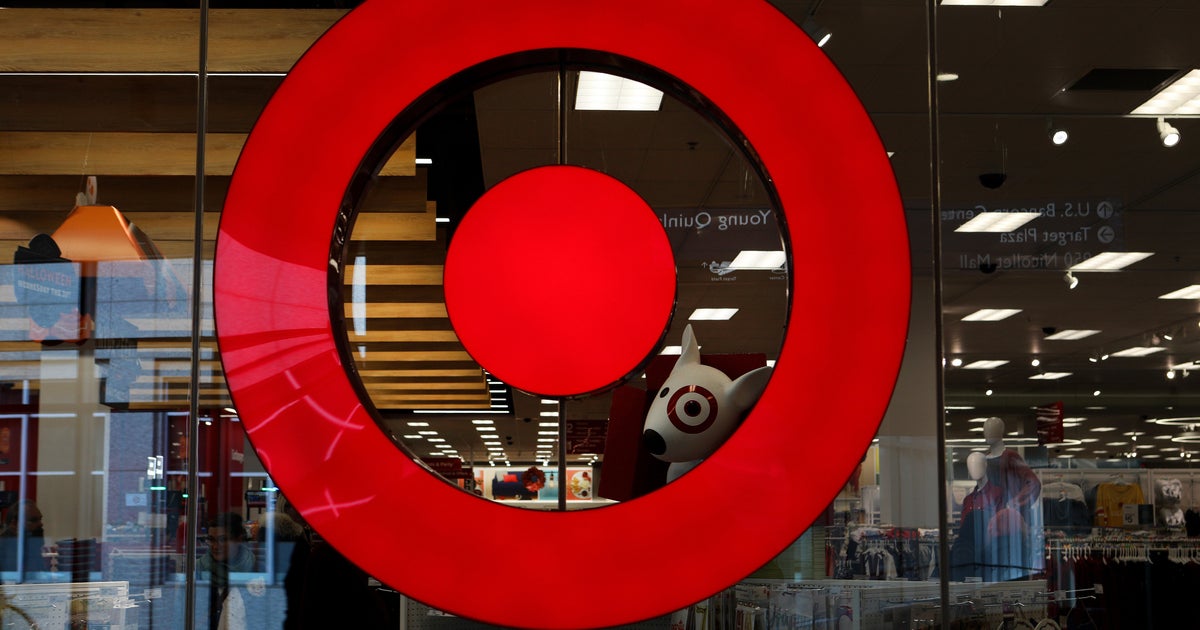How coupons backfired on Bed Bath & Beyond
By Nathaniel Meyersohn, CNN
For decades, blue and white paper coupons defined Bed Bath & Beyond's brand, popping up everywhere from the movie "Old School" to notorious mobster Whitey Bulger's junk drawer.
But the iconic 20%-off coupons, which became known as Big Blue, ultimately contributed to the cornerstone retailer's fall into bankruptcy. On Wednesday, Bed Bath & Beyond stopped honoring Big Blue coupons for good.
Once a hugely popular marketing tool, the coupons backfired as the retailing business changed.
They eroded Bed Bath & Beyond's profit margins, hurt its brand image and trained customers to only shop at stores if they had a coupon stashed away. This made it much harder for Bed Bath & Beyond to sell merchandise at full price, as customers began to perceive Bed Bath & Beyond's products as overpriced unless they had a coupon. That led to a perhaps inevitable bankruptcy.
"It's a very effective short-term strategy in terms of generating sales, but coupons are not good for long-term loyalty," said Yuping Liu-Thompkins, a professor of marketing at Old Dominion University and director of the university's Loyalty Sciences Lab on customer loyalty.
Bed Bath & Beyond used coupons to draw shoppers into its maze-like stores. Once customers were inside, the company hoped they would wander around and impulse shop — buying linens, towels, pots and everything else that caught their eye.
Redeeming coupons makes shoppers feel smart — like they've outfoxed a brand. One study found customers who received coupons released feel-good oxytocin hormones and their heart rates decreased.
'Overreliance on the coupon'
As online shopping grew, coupons became a less effective tool because customers could compare prices across different sites to find the lowest one. Rival stores also began to offer price-match guarantees.
By then, Bed Bath & Beyond was hooked on coupons and couldn't successfully pivot away.
"They never grew out of their coupon strategy, which is sadly what led to their current situation," said Liu-Thompkins.
In the company's early years -- it dates to 1971 -- coupons were infrequent, attached to circulars and for offers like $5 off a purchase of at least $15, according to a 2020 New York Times oral history of the coupons.
Bed Bath & Beyond's coupons took off during the 1990s. The company tried different colors like red and yellow, but they were too harsh. Instead, it went with Pantone 2735c. Soon, Bed Bath & Beyond was sending out nearly a billion coupons by mail a year, according to the Times.
"We started to realize that what customers really wanted was the darn coupon. To hell with the rest of the stuff," Rita Little, the company's former vice president of marketing, told the Times.
In the marketing business, sentiment was turning away from coupons. Critics say offering coupons is a waste of money that would be better directed toward dropping prices across the board or investing in improving products' quality.
Bed Bath & Beyond tried to move away from coupons during the 2010s after they squeezed profit margins.
In 2016, Bed Bath & Beyond began testing a membership model that for $29 a year offered a 20% discount on all purchases and free shipping.
But the membership never caught on. Customers were too attached to Bed Bath & Beyond's coupons and resisted any changes to the model. Other chains, such as JCPenney, also tried to pull back on coupons and faced customer backlash.
In 2020, Bed Bath & Beyond said it was scaling back its coupon program to boost its business. "We have an overreliance on the coupon," one executive said at the time.
But two years later, company executives called the move a "big mistake," admitting they had misjudged how much shoppers had come to embrace the regular cadence of the Big Blue coupons.
"The coupon was both its greatest strength and weakness," said Michael Lasser, a retail analyst at UBS.
